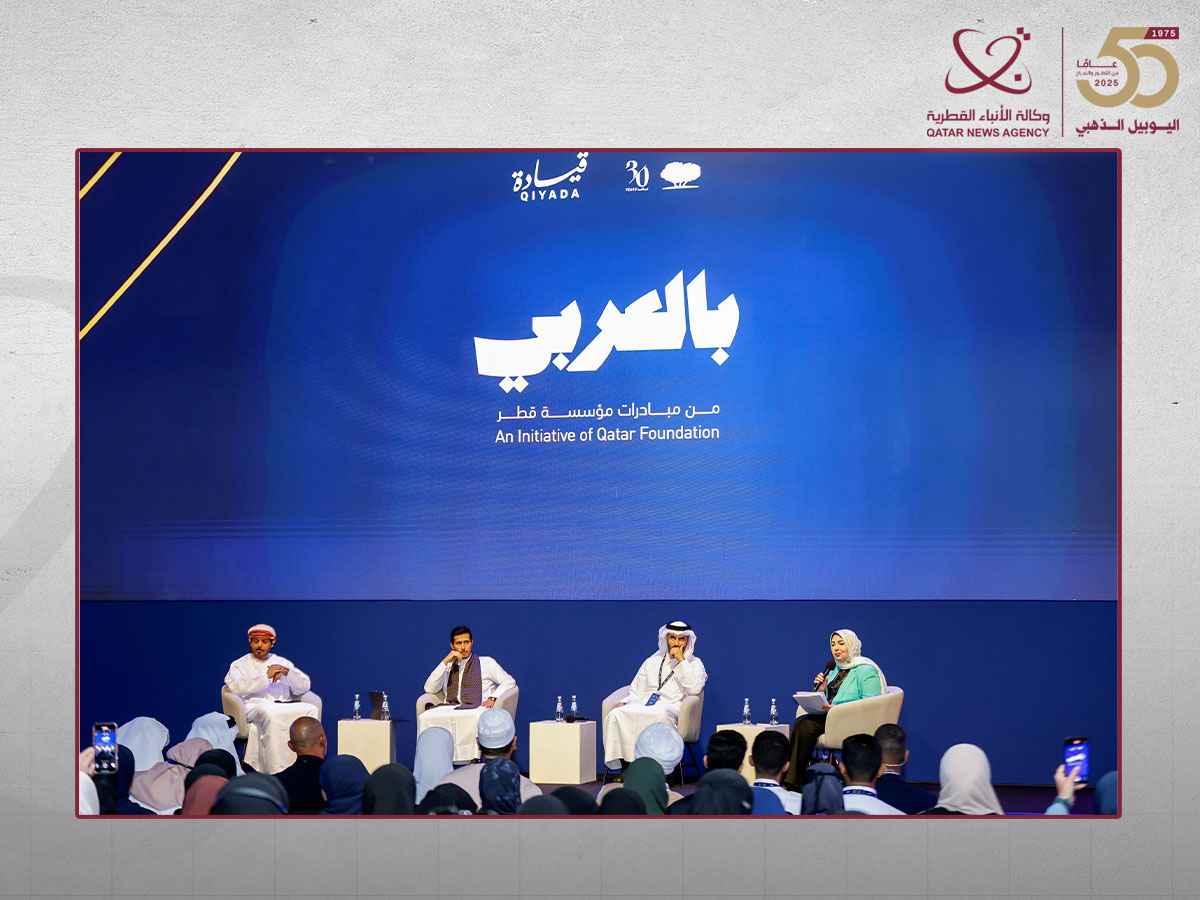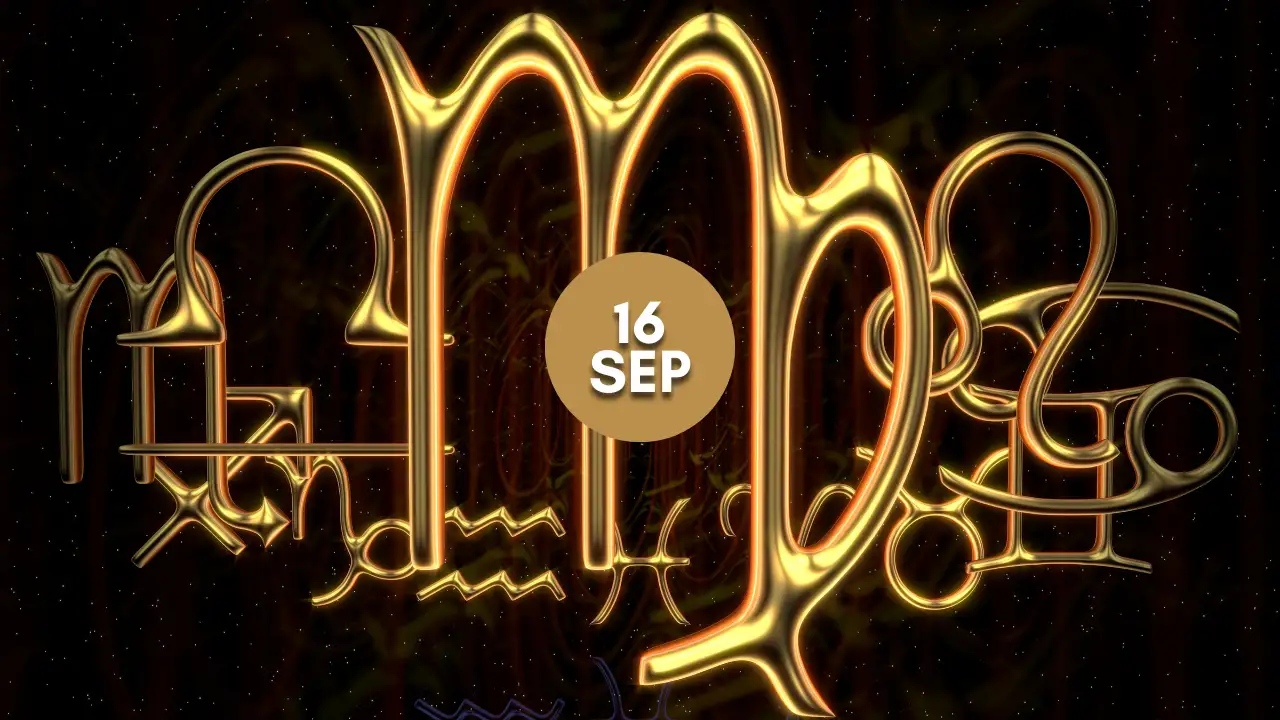Inaugural QIYADA Conference Winds Up, Emphasizing Islamic Tenets in Shaping Youth, Societies
By Qatar Foundation
Copyright qna

Doha, September 20 (QNA) – The importance of human-centered, values-driven leadership that is focused on improving lives and societies has been emphasized to young people from across Qatar, as Qatar Foundation’s inaugural QIYADA conference came to a close on Saturday in Doha.
The two-day event at Education City – organized by Qatar Foundation’s (QF) Higher Education division and sponsored by QIIB – has brought together leading scholars, thinkers, influencers, and role models from around the world to engage and support the nation’s youth in becoming leaders and drivers of positive social change, while strengthening their Islamic identity.
Over 1,000 students from Qatar’s schools and universities attended the conference, joining discussions exploring solutions to the challenges of the modern world that have their grounding in faith and knowledge.
On the second day of the QIYADA conference, HE Sheikha Dr. Hessa bint Hamad bin Khalifa Al-Thani, Chairperson and Founder of the Wellbeing and Career Development Training Center in Doha, and an assistant professor in the Department of Educational Sciences at Qatar University, presented a model of leadership from the perspective of wellbeing, based on five fundamental pillars that shape the character of Muslim leaders: spiritual, emotional, intellectual, physical, and social wellbeing.
“Today, leadership is the subject of our discussion, and we mean effective leadership: leadership rooted in the will to serve people and the community,” she said. “True leaders uplift others not through force or dominance, but with humanity, vision, and compassion.
“The word ‘leadership’ may suggest control or the ability to rule the affairs of others. But true leadership is not a privilege of the powerful; rather, it is a shared individual and collective responsibility to make positive contributions to the wellbeing of society and to develop humans everywhere.
“In Islam, and the teachings of Allah, leadership has a wider and a deeper significance, and a sense of being guided by what is right and following the path of truth and righteousness.”
HE Sheikha Dr. Hessa called on the young people attending the QIYADA conference to “be nothing but good and give nothing but good”, emphasizing the importance of combining knowledge and action: “Knowledge calls for action, so either you respond to it, or it departs from you.”
Dr. Mutlaq Aljasser, preacher and scholar at the Ministry of Awqaf and Islamic Affairs of Kuwait, spoke of how, in the modern world, materialism has assumed dominance over moral values, saying: “Before we speak of leadership and renaissance, we must first know: what are we leading toward? And in which direction are we heading?
“I do not mean that anyone should neglect their personal life. But we must reorganize our priorities and correct the flaw in our perspectives of what constitutes success. If we address this flaw, and truly recognize who is genuinely successful, then we can advance in the right direction.”
Dr. Aljasser added: “The concept of freedom is one of the most dominant ideas of our era, yet the standards from which individuals seek liberation are unclear. In reality, there is no true freedom outside of worshipping God.
“Whoever makes materialism the compass of their life is a servant to it; and whoever makes their whims their compass is subjugated by them. If you wish to be free of all material constraints, you must be a servant of God.
“We must correct our view of success in life and adopt it as our compass. Once that is achieved, leadership and progress will follow.”
In the conference’s closing session, Sheikh Salem Alahbabi, Director of Ibn Al-Zubair Scientific Center, spoke about three fundamental pillars that shape identity and to which young people should return: religion, language, and history.
“Through our meetings with young people, both in the Gulf region and abroad, we have noticed a significant lack of basic information related to Islamic culture. However, filling this gap does not require great effort or a long period of study,” he said.
“You do not need to read dozens of volumes or enroll in complex programs. Rather, you should devote a short time to addressing this gap in the basic knowledge of religion, improving your Arabic, and gaining a general idea of the language’s history.”
He added: “There is a common misconception that religion, language, or history are exclusive to a certain segment of society: scholars, academics, or specialists. The truth is that these matters are obligatory for every Muslim. The Holy Qur’an and Sunnah are directed to all people, and this also applies to the Arabic language.
“When non-Arabs convert to Islam, they eagerly embrace learning Arabic, experiencing its beauty because it is the language of the Holy Qur’an, even if native Arabic speakers themselves abandon it.
“Today’s advanced nations take pride in their history. However, we possess a great, extended history, and we must treat history fairly: benefiting from its positive aspects, and learning from its mistakes.”
Also speaking at the conference’s closing, Dr. Omar Suleiman, Founder and President of the Yaqeen Institute for Islamic Research, said: “Excellence is a lifestyle – good deeds are never isolated; each good action has other good deeds that flow from it, just as every bad deed points to others like it.
“When you see someone striving for excellence in one area of life, know that they carry a mindset of excellence that extends to other areas as well. Excellence requires balance, and it also demands discipline – approaching every aspect of life with the same mindset of precision and commitment.” (QNA)



